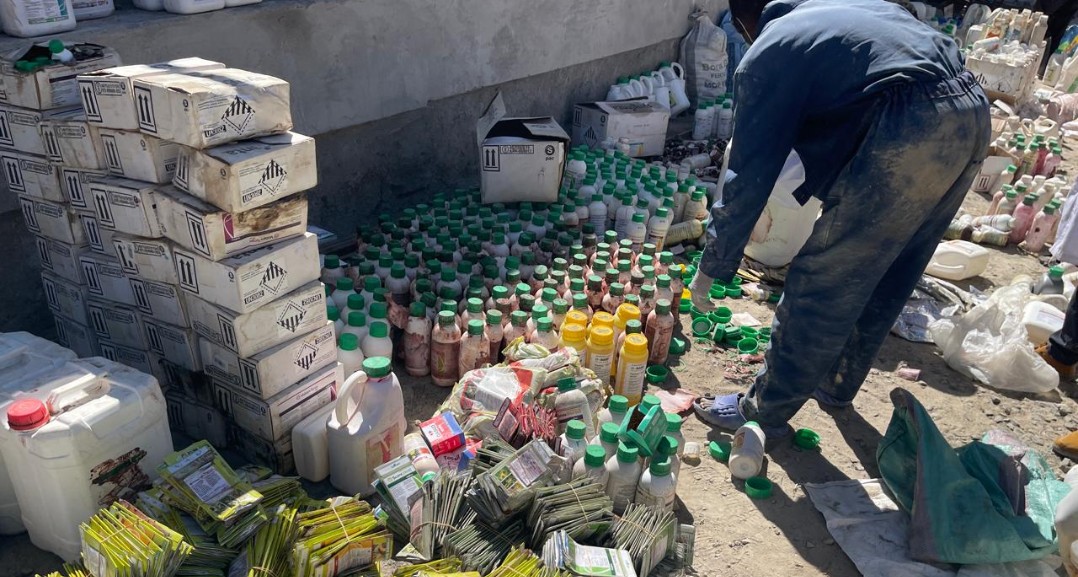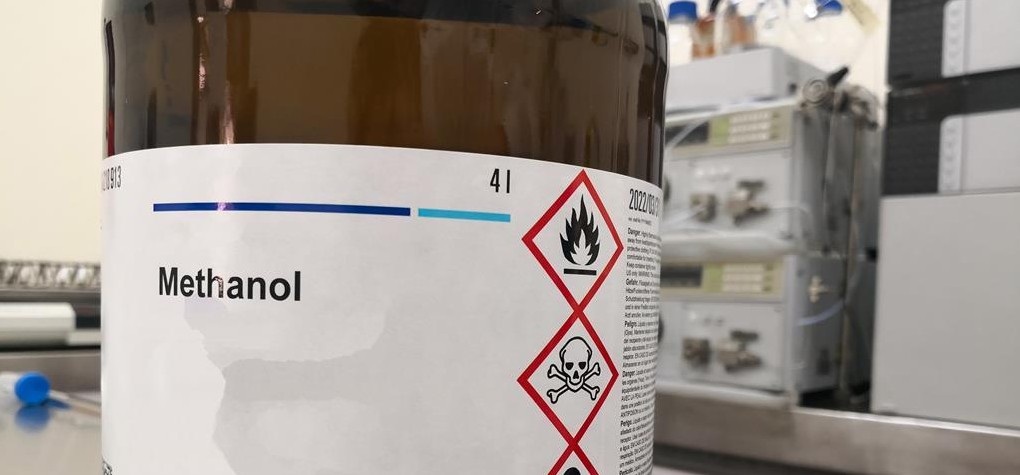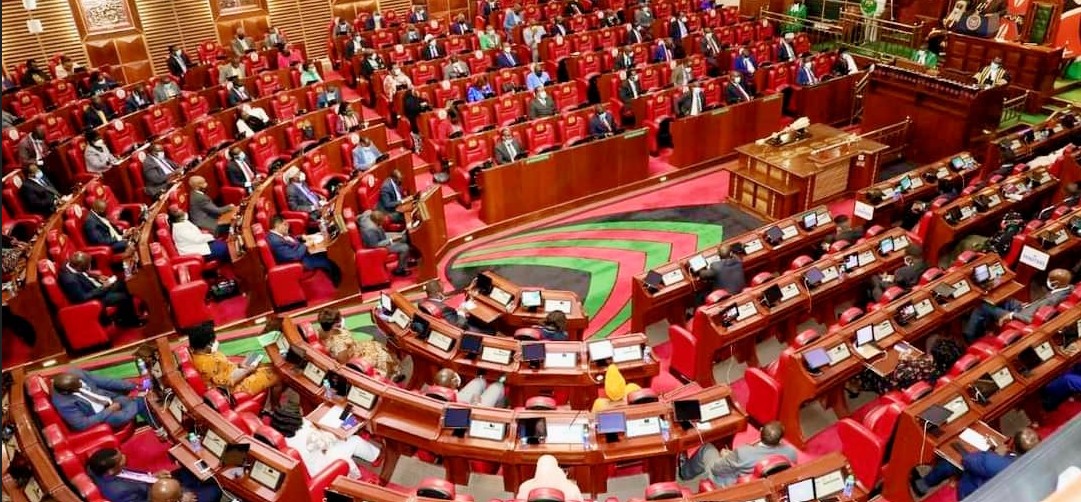Most Kenyans still buy counterfeit goods despite awareness, ACA survey reveals

The report found that 60.48 per cent of those interviewed had bought counterfeit goods at some point, with many saying they could not tell the difference between fake and original items.
Many Kenyans continue to purchase counterfeit goods even though most of them are well aware of the dangers and risks involved, a new survey by the Anti-Counterfeit Authority (ACA) has shown.
According to the report, 83.85 per cent of Kenyans are now aware of counterfeit products in the market, a sharp rise from 71.9 per cent in 2021.
More To Read
- Anti-Counterfeit Authority seizes over 2,500 fake calculators targeting candidates
- Nairobi businessman acquitted of Sh13.7 million counterfeit charges
- Police seize 13 trucks, bust massive counterfeit cooking oil ring in Mombasa
- Kenya’s agriculture sector faces surge in fake inputs, Anti-Counterfeit Authority urges farmers to stay vigilant
- EPRA shuts down illegal gas refilling plant in Mombasa's Majengo in multi-agency raid
- Fake goods flood Kenyan online market, costing economy Sh800 billion annually
Despite this, a large number still buy fake items, some knowingly, others without realising. The main reasons cited include affordability and the lack of genuine options in the market.
The report found that 60.48 per cent of those interviewed had bought counterfeit goods at some point, with many saying they could not tell the difference between fake and original items.
Most of these purchases were made from street vendors and small shops, accounting for 59.37 per cent and 54.42 per cent of sources, respectively.
Online shopping is also on the rise, with 31.37 per cent of consumers reporting they had bought counterfeit items through digital platforms.
“Consumer research showed that 60.48 per cent of respondents had bought counterfeit goods, often unknowingly. The key sources of these goods were street sellers (59.37 per cent) and shops or kiosks (54.42 per cent), while online platforms (31.37 per cent) emerged as an increasingly popular distribution channel. 69.56 per cent of respondents had unknowingly purchased counterfeit goods due to the difficulty of distinguishing between genuine and fake products,” states the report
However, 86.43 per cent said they would avoid counterfeit goods if they were more aware of the negative impact of buying them.
“Nevertheless, price remains a key motivator for knowingly purchasing counterfeit goods, as reported by 42.5 per cent of respondents. Some consumers knowingly purchase counterfeit products due to economic constraints or the perception that they offer better value for money,” reads the report.
The ACA estimates that fake goods now make up one in every five items sold in the country, causing a loss of about Sh800 billion each year.
While street sellers and kiosks remain the most common outlets, the report points to a worrying rise in counterfeit trade on online platforms, especially Jumia and Kilimall.
The growing presence of counterfeit goods online has been made possible by better technology, which allows fake products to closely resemble the originals.
Many buyers struggle to identify fake items, especially when shopping online, where product images can be misleading.
As more Kenyans continue to turn to cheaper goods, either out of need or because they feel it’s better value for money, ACA says the fight against counterfeits will need more public education and tighter control of both physical and digital marketplaces.
The agency has also warned that the rising demand could encourage more counterfeiters to enter the market.
Top Stories Today

















































